Edith Hamilton - The Greek Way
Here you can read online Edith Hamilton - The Greek Way full text of the book (entire story) in english for free. Download pdf and epub, get meaning, cover and reviews about this ebook. year: 1993, publisher: W. W. Norton & Company, genre: Science. Description of the work, (preface) as well as reviews are available. Best literature library LitArk.com created for fans of good reading and offers a wide selection of genres:
Romance novel
Science fiction
Adventure
Detective
Science
History
Home and family
Prose
Art
Politics
Computer
Non-fiction
Religion
Business
Children
Humor
Choose a favorite category and find really read worthwhile books. Enjoy immersion in the world of imagination, feel the emotions of the characters or learn something new for yourself, make an fascinating discovery.
- Book:The Greek Way
- Author:
- Publisher:W. W. Norton & Company
- Genre:
- Year:1993
- Rating:3 / 5
- Favourites:Add to favourites
- Your mark:
The Greek Way: summary, description and annotation
We offer to read an annotation, description, summary or preface (depends on what the author of the book "The Greek Way" wrote himself). If you haven't found the necessary information about the book — write in the comments, we will try to find it.
The aim of this work is not a history of events but an account of the achievement and spirit of Greece.
Five hundred years before Christ in a little town on the far western border of the settled and civilizaed world, a strange new power was at work. . . . Athens had entered upon her brief and magnificent flowering of genius which so molded the world of mind and of spirit that our mind and spirit today are different. . . . What was then produced of art and of thought has never been surpasses and very rarely equalled, and the stamp of it is upon all the art and all the thought of the Western world.A perennial favorite in many different editions, Edith Hamiltons best-selling The Greek Way captures the spirit and achievements of Greece in the fifth century B.C. A retired headmistress when she began her writing career in the 1930s, Hamilton immediately demonstrated a remarkable ability to bring the world of ancient Greece to life, introducing that world to the twentieth century. The New York Times called The Greek Way a book of both cultural and critical importance.
Edith Hamilton: author's other books
Who wrote The Greek Way? Find out the surname, the name of the author of the book and a list of all author's works by series.

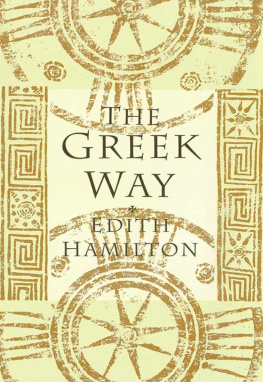
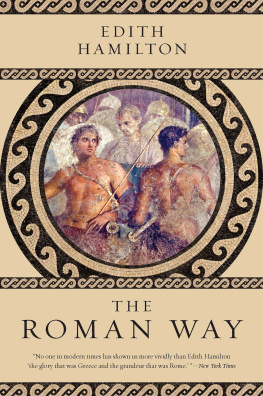



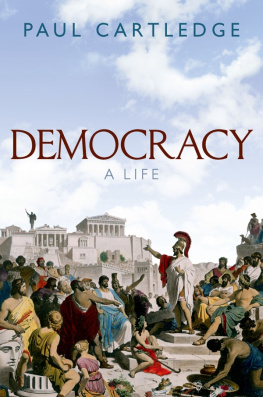
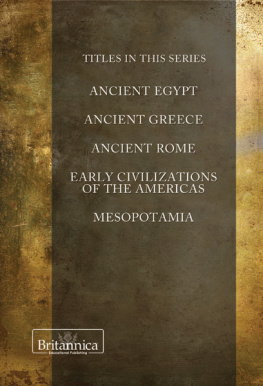
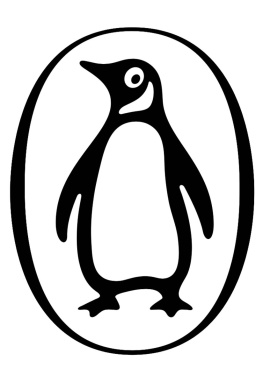
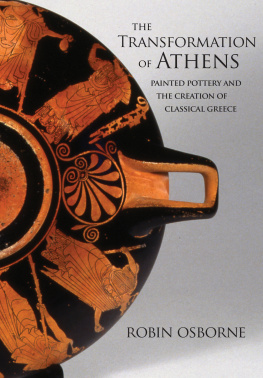

 v
v 
 v
v  wv
wv